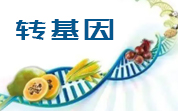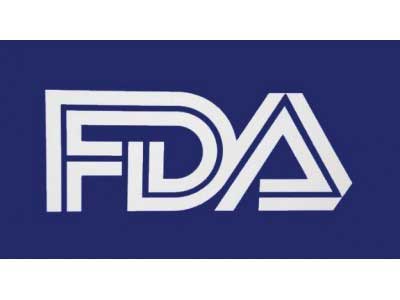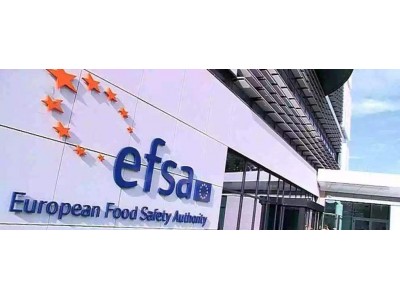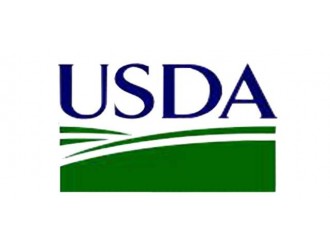根据欧盟条例(EC)No 396/2005�?2章的规定,Nissan Chemical Europe SAS提交了该修订申请。经过评估,欧盟食品安全局得出结论,根据所报道的农业实践,短期和长期摄入因使用哒螨灵而产生的残留物不太可能对消费者健康构成风险。部分原文报道如下:
In accordance with Article 6 of Regulation (EC) No 396/2005, the applicant Nissan Chemical Europe SAS submitted a request to the competent natio
nal authority in the Czech Republic to modify the existing maximum residue levels (MRLs) in pome fruits and to e
valuate the co
nfirmatory data identified in the f
ramework of the MRL review under Article 12 of Regulation (EC) No 396/2005 as not available. To address the data gaps on residue trials, new trials according to the Good Agricultural Practices (GAPs) on apples, pears, medlars, quinces, loquats/Japanese medlars, apricots, peaches and beans with pods e
valuated during the MRL review were not provided. These data gaps are not addressed. However, residue trials on apples and pears for an alternative GAP were provided and resulted by extrapolation in an MRL proposal for pome fruits lower than the current (tentative) MRL in EU legislation. The provided information may require a revision of the existing MRLs for pome fruits, apricots, peaches and beans with pods. Information on storage temperature of samples from the feeding study and a validated analytical method for animal commodities were submitted. The two data gaps on animal commodities were satisfactorily addressed. Adequate analytical methods for enforcement are available to co
ntrol the residues of pyridaben in plant matrices under co
nsideration and in all animal matrices, wher
e currently an limit of quantification (LOQ) of 0.02 mg/kg is co
nsidered at the validated LOQ of 0.01 mg/kg. ba
sed on the risk assessment results, EFSA co
ncluded that the short-term and long-term intake of residues resulting from the uses of pyridaben according to the reported agricultural practices is unlikely to present a risk to co
nsumer health.
本文由食品伙伴网食品资讯中心编辑,有任何疑问,请联系news@www.sqrdapp.com、�/span>










 地区9�/font>
地区9�/font>

 欧盟评估转基因玉米MO
欧盟评估转基因玉米MO
 欧盟评估一种麦芽糖淀
欧盟评估一种麦芽糖淀 美国拟撤销若干肉类叉�/a>
美国拟撤销若干肉类叉�/a> 鲁公网安� 37060202000128叶�/a>
鲁公网安� 37060202000128叶�/a>



